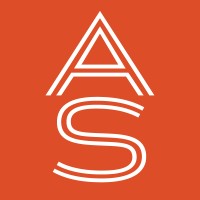
Editora COC
Em 1987 é uma importante etapa da marca COC: novos gestores dinamizaram ainda mais a atuação do Sistema COC. Em poucos anos, a marca pedagógica, até então caracteristicamente regional, transformar-se-ia em marca nacional. O material didático utilizado pelo COC, desde a sua fundação, sempre foi em forma de apostila produzida e impressa na própria escola. Em função, principalmente dos resultados que conseguia em Ribeirão Preto-SP, algumas escolas passaram a procurar o COC para comprar os materiais didáticos produzidos. Surgiram assim, as primeiras escolas conveniadas e a Editora COC.






